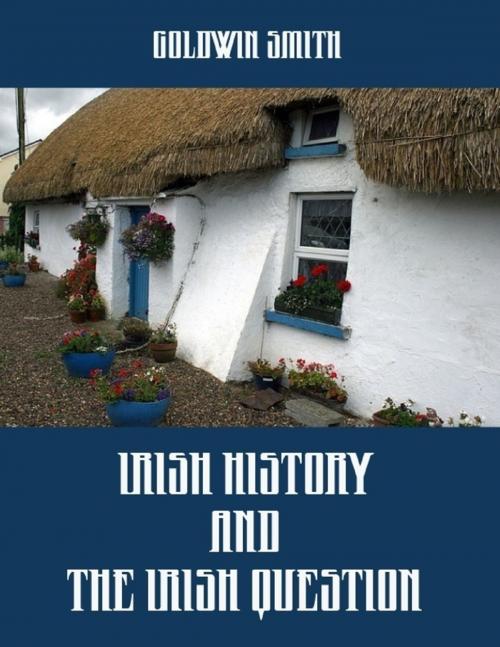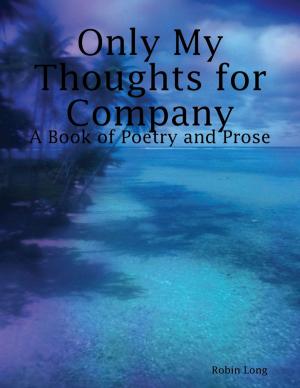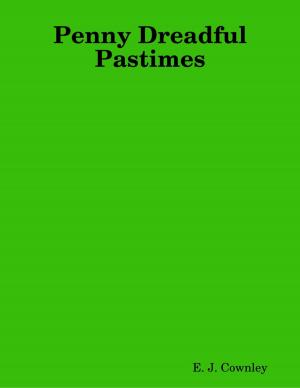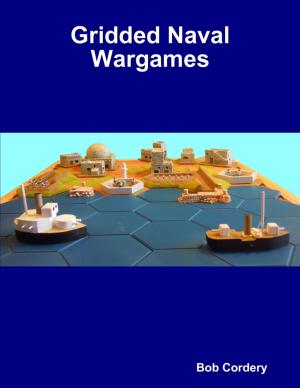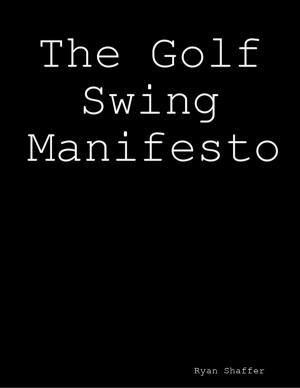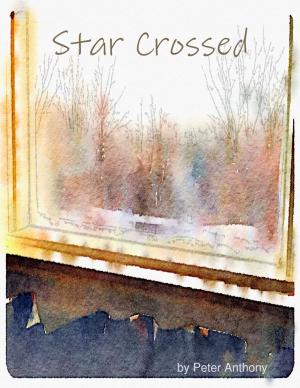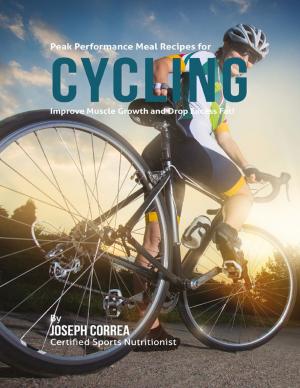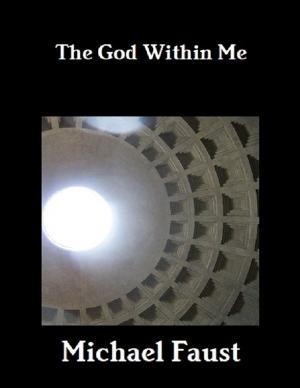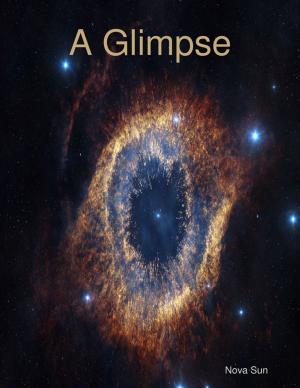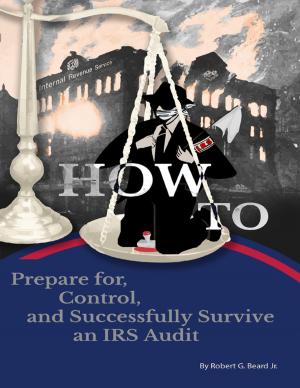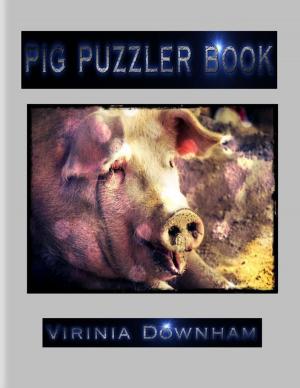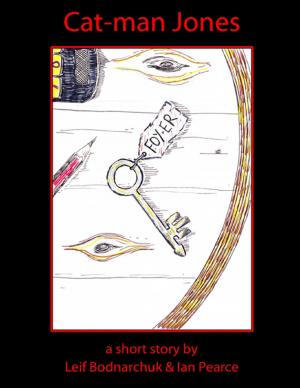| Author: | Goldwin Smith | ISBN: | 9781312004986 |
| Publisher: | Lulu.com | Publication: | April 1, 2014 |
| Imprint: | Lulu.com | Language: | English |
| Author: | Goldwin Smith |
| ISBN: | 9781312004986 |
| Publisher: | Lulu.com |
| Publication: | April 1, 2014 |
| Imprint: | Lulu.com |
| Language: | English |
“The people of Ireland when history opens were Celts, kinsmen of the primitive races of Gaul and Britain, remnants of which are left in Wales and in the Highlands of Scotland. Their language was of that family, while cognate words connect it with the general Aryan stock. There are traces of a succession of immigrations. Too much, no doubt, has been made of the influence of race. Yet the Teuton is a Teuton and the Celt is a Celt. The Celt in his native state has everywhere shown himself lively, social, communicative, impulsive, prone to laughter and to tears, wanting, compared with the Teuton, in depth of character, in steadiness and perseverance. He is inclined rather to personal rule or leadership than to a constitutional polity. His poet is not Shakespeare or Milton, but Tom Moore, a light minstrel of laughter and tears.”
“The people of Ireland when history opens were Celts, kinsmen of the primitive races of Gaul and Britain, remnants of which are left in Wales and in the Highlands of Scotland. Their language was of that family, while cognate words connect it with the general Aryan stock. There are traces of a succession of immigrations. Too much, no doubt, has been made of the influence of race. Yet the Teuton is a Teuton and the Celt is a Celt. The Celt in his native state has everywhere shown himself lively, social, communicative, impulsive, prone to laughter and to tears, wanting, compared with the Teuton, in depth of character, in steadiness and perseverance. He is inclined rather to personal rule or leadership than to a constitutional polity. His poet is not Shakespeare or Milton, but Tom Moore, a light minstrel of laughter and tears.”
